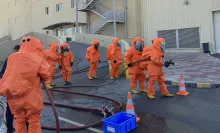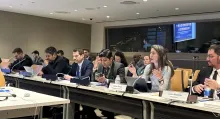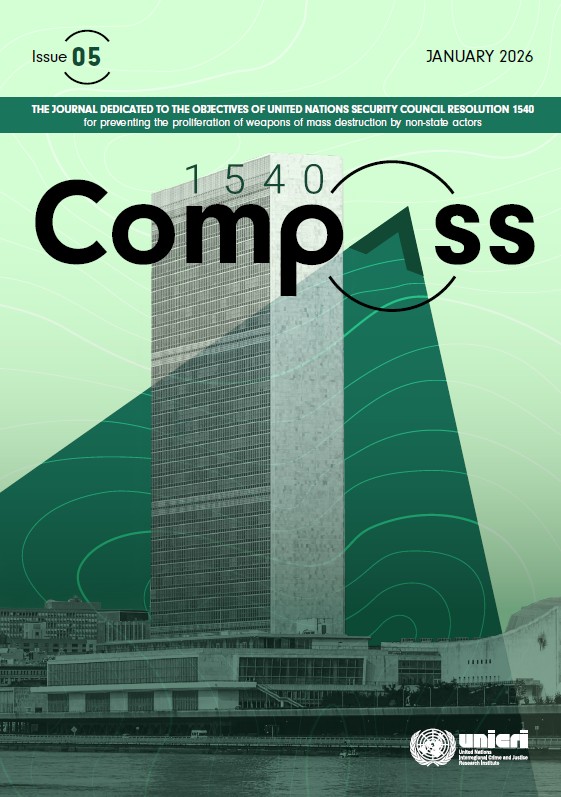Western Balkans Are Ready to Investigate and Prosecute CBRN Crimes
The Western Balkans strengthened their capacity to address CBRN crimes through a courtroom-based Mock Trial involving Bosnia and Herzegovina, Montenegro and North Macedonia, enhancing preparedness, cooperation and effective judicial responses to complex CBRN risks. The training programme is fully funded by the European Union through the EU CBRN Centres of Excellence Initiative.
Tags
Investigating and Prosecuting CBRN Crimes: A Multidisciplinary Challenge
Countries across the Gulf region strengthened their capacity to investigate and prosecute CBRN crimes through a multidisciplinary training hosted by the UAE, implemented with the financial support of the European Union through the EU CBRN Centres of Excellence Initiative, to enhance preparedness, cooperation and judicial responses to complex CBRN risks.
Addressing CBRN Risks in the Gulf Region
Tags
Checkpoint Reached: The Prevention of Violent Extremism and Online Gaming
The United Nations Interregional Crime and Justice Research Institute (UNICRI) and the United Nations Office of Counter-Terrorism (UNOCT) convened an expert briefing entitled “Checkpoint Reached: The Prevention of Violent Extremism and Online Gaming” at United Nations Headquarters in New York. It was organized in partnership with the Permanent Mission of Japan to the United Nations and the Department of Home Affairs of Australia.
Tags
Checkpoint Reached: The Prevention of Violent Extremism and Online Gaming
The expert briefing Checkpoint Reached: The Prevention of Violent Extremism and Online Gaming is jointly organized by the Permanent Mission of Japan to the United Nations, the Department of Home Affairs of Australia, the United Nations Interregional Crime and Justice Research Institute (UNICRI) and the United Nations Office of Counter-Terrorism (UNOCT).
The event will convene experts from with the UN, academia and private sector to examine how online gaming ecosystems intersect with violent extremism, and how these spaces can be proactively leveraged for prevention.
Weapons of Mass Destruction (WMD) Sanctions Workshop for ASEAN Member States
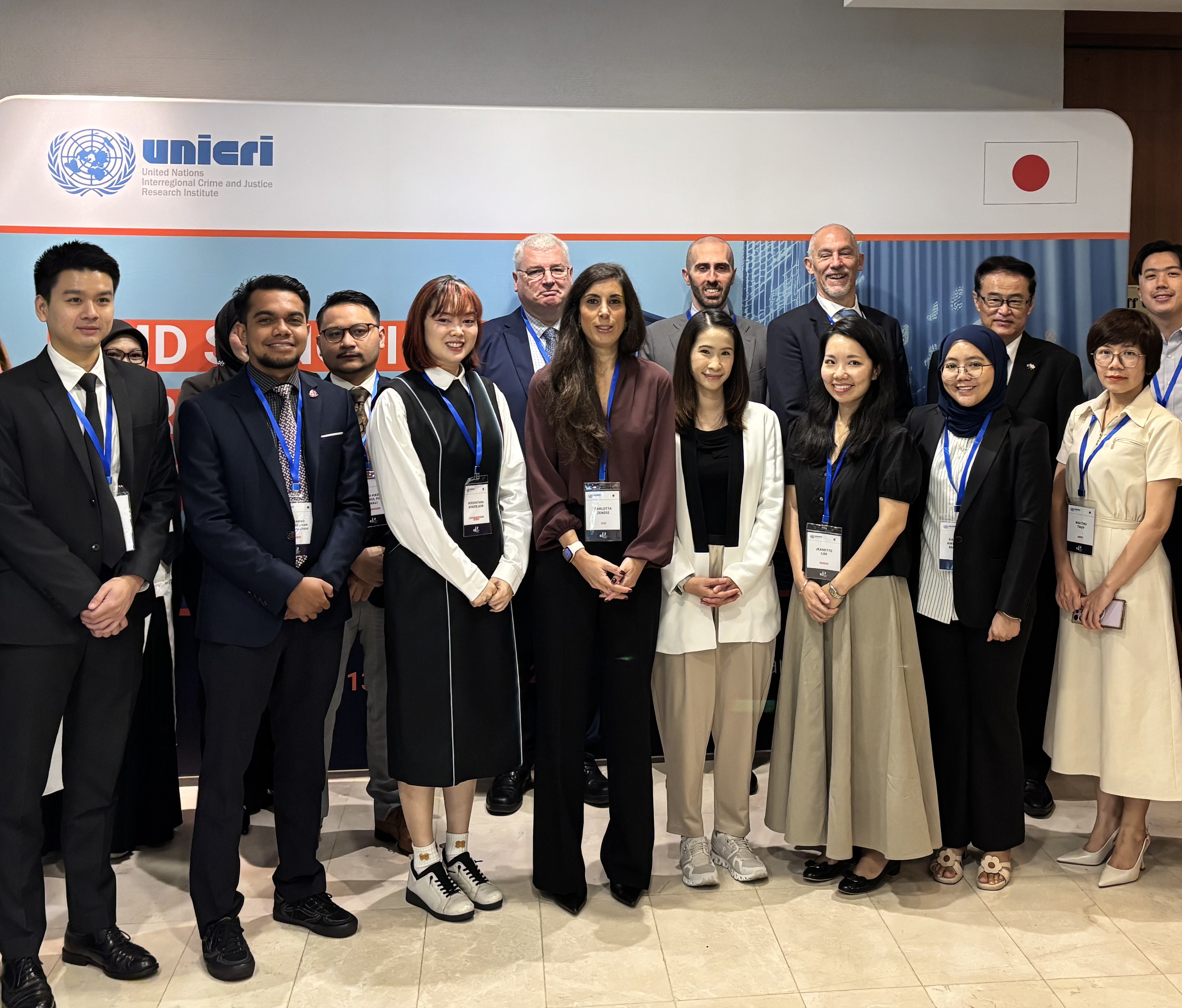
Strengthening Regional Cooperation to Counter Sanctions Evasion and Emerging Threats in Southeast Asia
New Report! Hidden Links: Facilitating Criminal Activities While Exploiting E-Commerce
Hidden Links: Facilitating Criminal Activities While Exploiting E-Commerce highlights an emerging challenge in the fight against online counterfeiting. As e-commerce platforms continue to expand, they have also become attractive environments for criminal actors seeking to exploit gaps in digital marketplaces.
Tags
Hidden Links: Facilitating Criminal Activities While Exploiting E-Commerce - Jan 2026
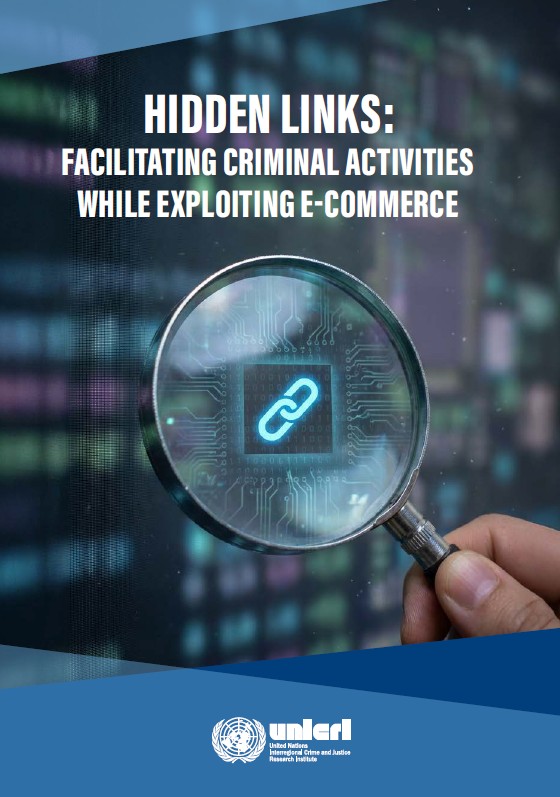
Hidden Links: Facilitating Criminal Activities While Exploiting E-Commerce examines a rapidly growing and increasingly sophisticated form of online criminality linked to the trafficking of counterfeit goods.


